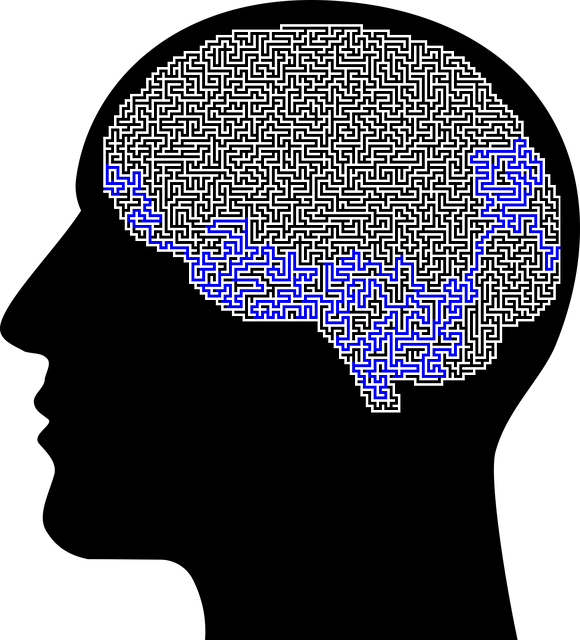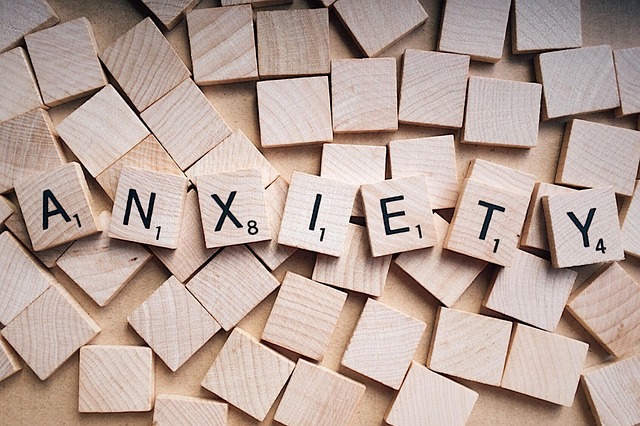Mindfulness meditation emerges as a powerful and unique therapy for children struggling with Obsessive Compulsive Disorder (OCD). By teaching emotional regulation, coping skills, and observation of thoughts without judgment, it reduces anxiety and compulsions. Regular sessions complement traditional therapy methods, enhance crisis intervention skills, and improve peer interactions. Parents can guide kids through basic breathing exercises and visualisation techniques using age-appropriate resources like apps or books. Establishing a consistent 10-15 minute daily practice significantly benefits individuals with OCD, fostering self-awareness and healthier relationships.
Mindfulness meditation offers a gentle, yet powerful tool for children with obsessive-compulsive disorder (OCD), helping them manage anxiety and relentless thoughts. This article provides practical guidance on introducing mindfulness practices to young minds struggling with OCD. We explore the benefits of mindful moments in calming anxious thoughts and breaking compulsive cycles. Through a step-by-step approach, learn how to establish daily meditation routines at home, along with tips and resources to support consistent practice.
- Understanding Mindfulness Meditation for Kids with OCD
- Benefits of Mindful Practices in Managing Anxiety and Obsessive Thoughts
- Step-by-Step Guide to Implementing Daily Meditation Routines
- Tips and Resources for Consistent Practice at Home
Understanding Mindfulness Meditation for Kids with OCD

Mindfulness meditation has emerged as a powerful tool for children struggling with Obsessive-Compulsive Disorder (OCD), offering a unique approach to therapy. This ancient practice focuses on training the mind to be fully present in the moment, fostering emotional regulation and helping kids develop essential coping skills. By integrating mindfulness into their daily routines, children with OCD can learn to observe intrusive thoughts and behaviors without judgment, thereby reducing anxiety and compulsions.
The benefits extend beyond symptom reduction. Mindfulness meditation encourages effective communication strategies, enabling kids to express their feelings and needs in a calm and assertive manner. It also equips them with stress management tools that can be invaluable as they navigate the challenges of growing up. Many organizations now incorporate mindfulness into therapy programs, providing a holistic approach to treating OCD in children, combining traditional talk therapy with practical techniques for improving emotional well-being.
Benefits of Mindful Practices in Managing Anxiety and Obsessive Thoughts

Mindfulness practices have emerged as a powerful tool in managing anxiety and obsessive thoughts, offering a holistic approach to mental well-being. For children struggling with conditions like Obsessive Compulsive Disorder (OCD), mindful meditation can be transformative. It provides a safe space for them to observe their thoughts without judgment, fostering a sense of control over their minds. Regular mindfulness sessions have been linked to reduced anxiety symptoms and a significant improvement in overall emotional regulation.
This therapy technique encourages children to stay present, enhancing their ability to navigate distressing thoughts and emotions. By practicing mindfulness, kids can develop crisis intervention skills, boosting their confidence in managing OCD-related challenges. Furthermore, it complements traditional therapy methods like Social Skills Training by teaching children to respond mindfully to social cues, thereby improving their interactions with peers.
Step-by-Step Guide to Implementing Daily Meditation Routines

Starting a daily meditation routine can be a powerful tool for children dealing with obsessive-compulsive disorder (OCD) and seeking therapy. Here’s a simple step-by-step guide to help your little one establish a calming practice that supports mental wellness.
1. Choose a Quiet Space: Create a peaceful environment free from distractions. This dedicated spot can be their sanctuary for mindfulness exercises, fostering a sense of tranquility and inner strength development.
2. Set Realistic Goals: Begin with short sessions, even just 5-10 minutes, and gradually increase the duration as comfort levels permit. Consistency is key; aim to meditate at the same time each day to establish a routine that promotes positive thinking.
3. Introduce Basic Techniques: Start simple with guided meditations tailored for children. Focus on breathing exercises, where they learn to observe their breath without judgment. Visualisation techniques, such as imagining a peaceful place, can also be soothing and are often featured in mental wellness podcast series production.
4. Make it Engaging: Use age-appropriate resources like meditation apps or children’s books that incorporate mindfulness activities. These tools can make the practice more enjoyable and help them look forward to their daily ritual.
5. Encourage Regular Practice: Consistency is vital for reaping the benefits of meditation. Remind your child that it’s a journey, and progress takes time. Offer encouragement and celebrate small victories along the way, helping them build resilience and discover inner strength.
Tips and Resources for Consistent Practice at Home

Establishing a regular mindfulness meditation practice at home can be incredibly beneficial for both adults and children, including those navigating trauma or obsessive-compulsive disorder (OCD). Start by dedicating just 10-15 minutes per day to your practice – even brief periods can offer substantial benefits. Consistency is key; try to meditate at the same time each day to train your mind and create a routine.
There are numerous resources available to support your journey. Explore guided meditations tailored for children, which often incorporate fun themes and engaging narratives. Apps designed for mindfulness training, such as Headspace or Calm, offer accessible instructions and customizable sessions. Additionally, consider incorporating compassion cultivation practices, conflict resolution techniques, and trauma support services into your routine, as these can enhance self-awareness and foster healthier relationships.
Mindfulness meditation offers a gentle and effective therapy for children with obsessive-compulsive disorder (OCD), helping them manage anxiety, and reduce repetitive thoughts and behaviors. By incorporating daily meditation routines, parents can provide their kids with valuable tools to navigate their minds and foster mental well-being. With consistent practice at home, supported by helpful resources, mindfulness becomes an accessible and transformative approach for managing OCD symptoms, allowing children to lead happier, less anxious lives.








